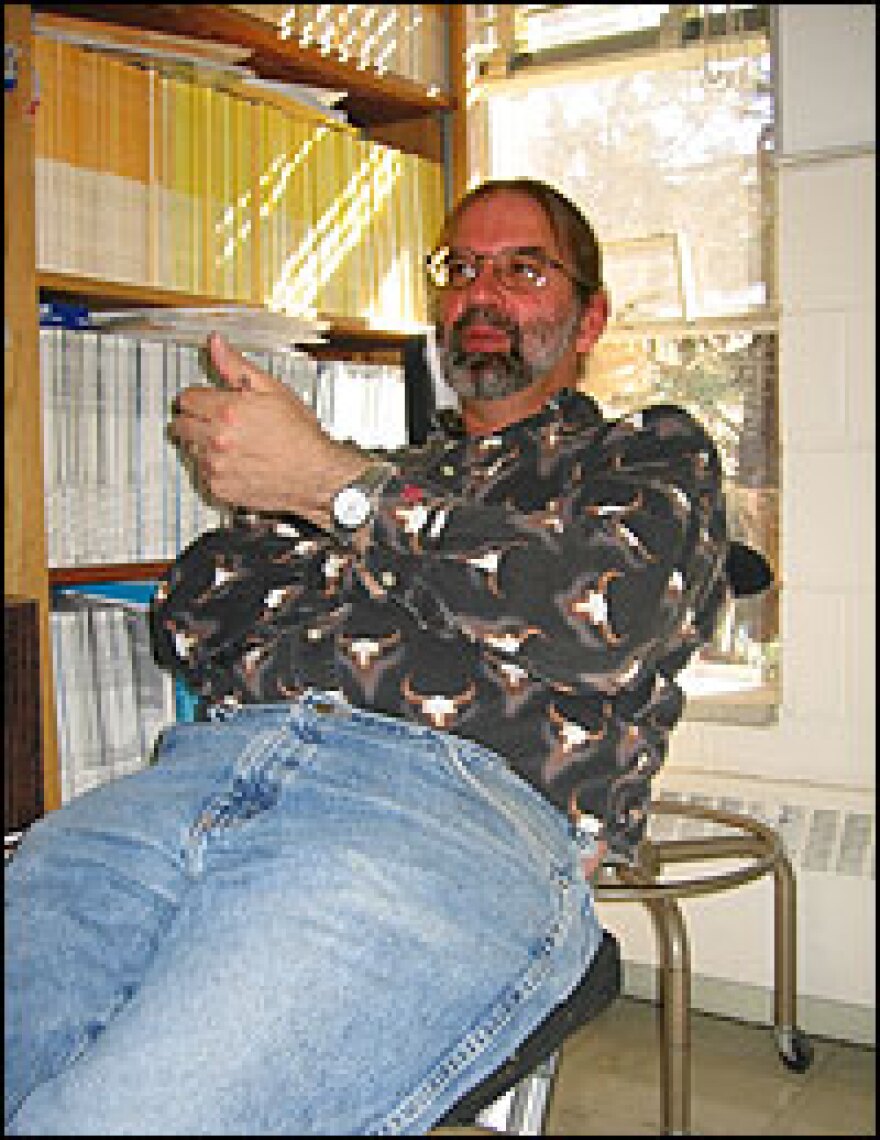
Boulder, Colo., is home to the National Snow and Ice Data Center, a repository of up-to-the-minute information about the state of the world's ice. The center is a collection of whirring computers, and more importantly, people whose mental thermometers are set below 32 degrees, like research scientists Ted Scambos and Mark Serreze.
Scambos studies Antarctica's massive ice sheets, while Serreze keeps his eye on the ice around the North Pole. Their research has turned up the same finding: The planet's ice is in jeopardy.
When the enormous Larsen B ice shelf along the Antarctic peninsula broke off and disappeared into the sea in 2002, Scambos was worried no one would care. Four years later, Scambos and Serreze have become the human face of the melting planet, using their research, presentations and interviews to get the message out.
Now, they say, people are beginning to understand that global warming is happening and the consequences are already being felt.
Copyright 2022 NPR. To see more, visit https://www.npr.org.



